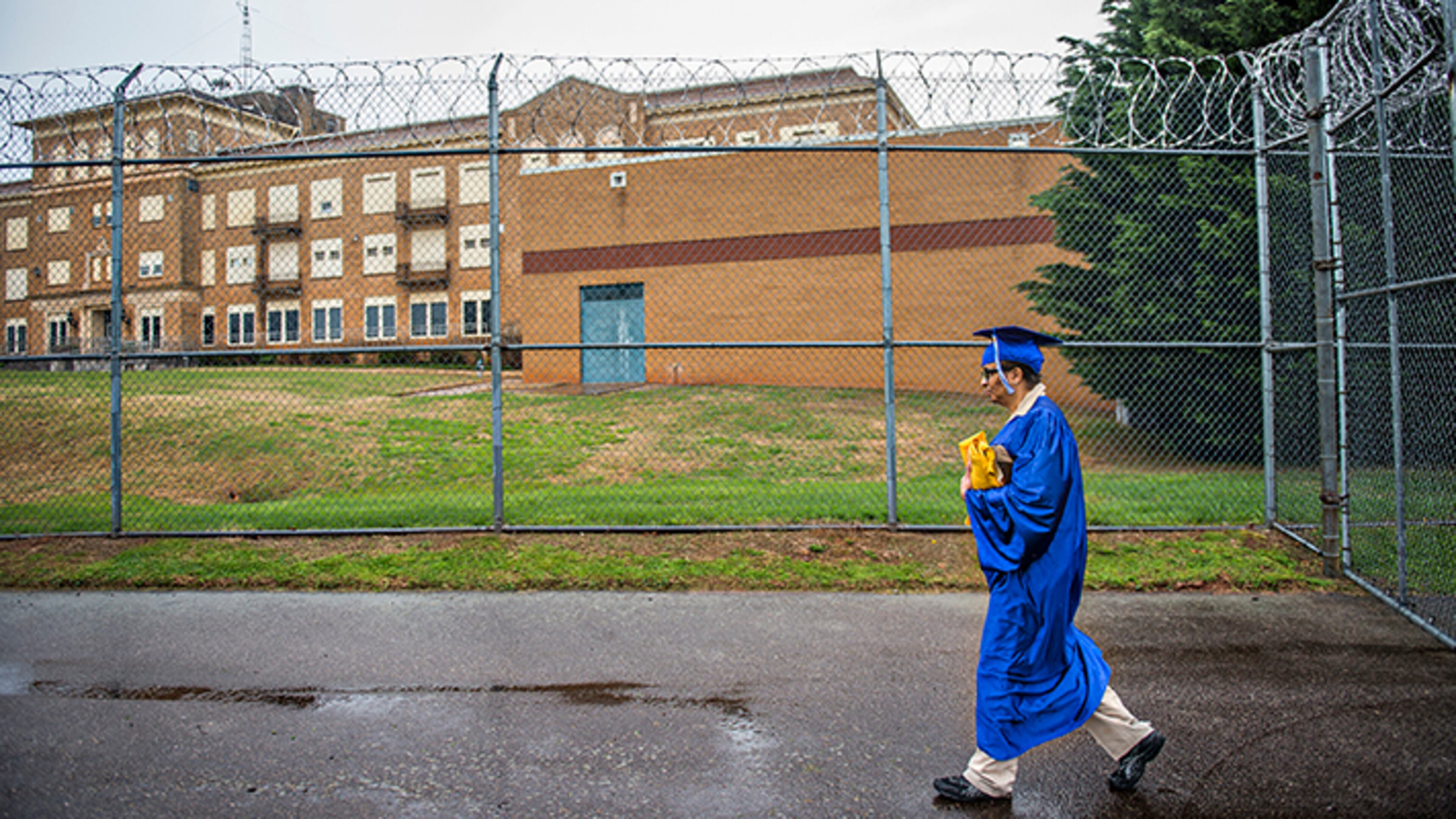Learning from Ga.’s criminal justice overhaul

When it comes to fixing a broken criminal justice system, the federal government can learn a lot from Georgia. That’s why we Georgians are honored to serve on the Charles Colson Federal Corrections Task Force, a blue-ribbon panel set up by Congress to address our nation’s dangerously overcrowded and under-resourced federal prison system.
The federal prison population is more than 206,000. That is 8.4 times what it was in 1980, costing taxpayers nearly $7 billion a year. Drug offenders represent the greatest share of inmates. In 2014, drug trafficking offenders made up almost half the federally sentenced population. Their numbers have nearly doubled over 10 years, from fewer than 50,000 in 1994 to more than 95,000 in 2014.
Since January, our task force has been consulting with stakeholders of every stripe – judges, defenders, prosecutors, corrections officers and inmates – to figure out how to create a safer, more cost-effective system. There’s a growing consensus it’s possible to reduce the prison population while allowing inmates to better their odds of transitioning successfully into life outside prison walls. Last month, our work brought us to Atlanta, where we heard from leaders of Georgia’s state justice reform effort, toured the federal penitentiary and met with staff and inmates.
States like Georgia are well ahead of the federal government when it comes to addressing overcrowded prisons. Over the past four years under the leadership of Gov. Nathan Deal, Georgia’s bipartisan criminal justice reform effort has saved the state more than $264 million and avoided the need for 5,000 additional prison beds.
We spoke with the co-chairs of Georgia’s criminal justice reform council to hear what it takes to perform such a comprehensive justice system overhaul. They emphasized the importance of coming together across party lines, grounding programs in data, and bringing in perspectives of people most affected by the system. They also focused on implementation, a reminder that the hard work and dedication must continue once reforms are adopted.
At the federal penitentiary, we saw a specialized unit for solitary confinement, a separate unit for inmates with diagnosed mental illness and a history of violence, and a minimum security camp. We saw for ourselves the strain placed on these facilities for those who work there and those serving time. At the end of September 2014, overcrowding was at 39 percent in medium and 52 percent in high-security federal facilities. This presents security threats to inmates and staff and inhibits the ability to offer programs designed to prevent reoffenses upon release.
In our conversations with Bureau of Prisons officials and corrections staff, we paid close attention to the programming available for inmates, as well as the training correctional officers receive to effectively perform their jobs as agents of rehabilitation. We also asked how they’re measuring the success of their inmate preparedness programs, as we know it’s critical to figuring out what works and what doesn’t, and to build accountability systemwide.
Our discussions with inmates hit some common themes. Many felt there were not enough programs available to truly prepare them for the modern-day job market. Given the majority of people serving time in our prisons will come home at some point, it’s crucial they get skills to make an honest living upon release.
What we learned and saw in Atlanta will factor heavily into our discussions as we spend the remainder of 2015 developing recommendations to fix the federal prison system. With bipartisan criminal justice reform gaining momentum on Capitol Hill and the Obama administration taking recent executive action on clemency, the timing couldn’t be better. We look forward to contributing data-driven, results-oriented, comprehensive recommendations that will push the envelope even further.
Jay Neal, executive director of the Georgia Governor’s Office of Transition, Support and Re-entry, and Cynthia Roseberry, project manager of Clemency Project 2014, serve on the Charles Colson Task Force on Federal Corrections.


